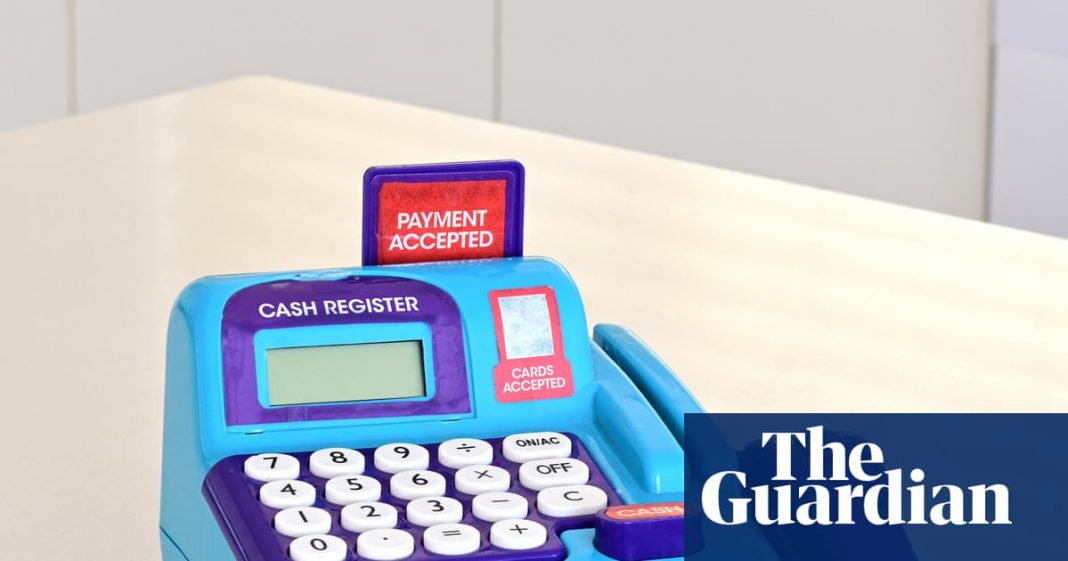I rented a car and paid with a Visa debit card and was advised there would be a card fee of one point something per cent. I asked if they accepted cash, only to be told no. Is it legal to charge card fees without offering a fee-free way of payment?
– Adam, New South Wales
Kat says: To answer your question in short, it is legal for businesses to charge cost-based fees for card payments, they do not have to offer a “free” way of paying and they do not have to accept cash.
We are swiftly moving towards a cashless society, which has conveniences and drawbacks. While for many, being able to tap and go is useful, there are significant privacy and security concerns surrounding card-only payments.
Real-time payments, such as those made via PayID, can cost both consumers and businesses less but these are not widely offered in Australia.
While cash payments have declined from 69% in 2017 to just 13% in 2022, there are also worrying accessibility issues for those who can’t or don’t want to go cashless – so much so that the Australian government is mandating that businesses selling essential goods must take cash payments from 1 July 2026.
The government mandate will mean that supermarkets, banks, pharmacies and petrol stations, and potentially providers of utilities and health services, will have to accept cash as a form of payment, though there are exemptions for small businesses. Car hire doesn’t fall within this scope, although exact details are yet to be released.
When it comes to businesses charging transaction fees, called “surcharges”, on card payments, the Australian Competition and Consumer Commission sets rules under the Australian consumer law that businesses have to follow. The overarching rule is that businesses are banned from “excessive” surcharges.
There are two key elements to what constitutes an excessive surcharge. A business cannot charge a consumer “more than what it costs the business to process the payment type” and that can “only include costs that are for accepting that payment type”, which means the business can’t sneak extra costs into a surcharge – for instance, the broader costs of running an Eftpos system.
The Reserve Bank of Australia sets the “standard” for credit card surcharges, which cannot be exceeded by businesses. While for most, trawling through the RBA standards is probably onerous, the RBA’s explainer suggests that most card surcharges are generally between 0.5 and 1.5%.
Businesses must also comply with the general consumer law. This means that they cannot be misleading or deceptive, which includes an active duty to accurately display the full cost of a product or service to a consumer before the sale. They must also make the payment methods they accept clear. Depending on the product or service, the method of this communication can differ.
In your case, if there is no way for you to pay without a surcharge, the business is obliged to include the surcharge in the displayed price. The ACCC has some good examples to give you an idea of what displaying surcharge pricing should look like. As a general rule, the price including the surcharge “must be clear and stand out so a consumer can easily notice it”. You need to be made aware of the surcharge before you pay, which it sounds as though you have been.
If you believe that the business has not complied with the consumer law in applying surcharges – either the surcharge is excessive, or the business has been misleading or deceptive in the application of the charge – you can make a complaint.
The ACCC suggests first raising the issue with the business. You can do this over the phone, but also put your case to it in writing. If the business doesn’t resolve the problem, you can raise the issue with the consumer representative body in your state (for you it’s NSW Fair Trading) and also make a complaint about unfair surcharges directly to the ACCC.
If you want to take it a step further, you can contact the Australian Treasury, which undertook a public consultation into cash payments this year. While the consultation is now closed, it’s never a bad idea to let public servants and elected representatives know what you think, especially when they’re in the process of developing rules and policy. Arguably, travel and car hire is an essential service – which could be a starting point for advocating the inclusion of those businesses in the forthcoming cash payment requirements.


